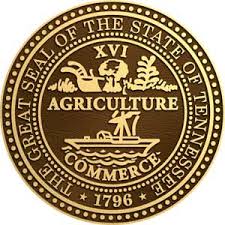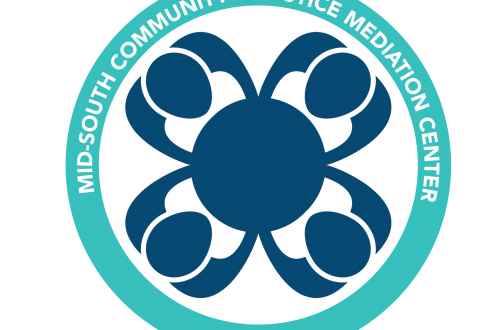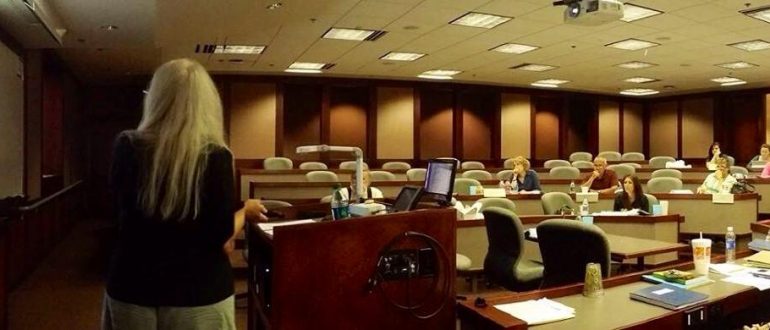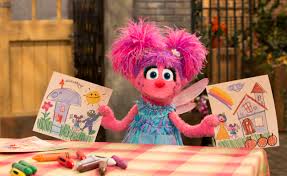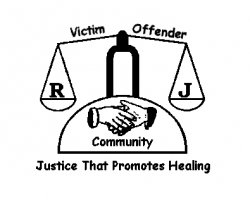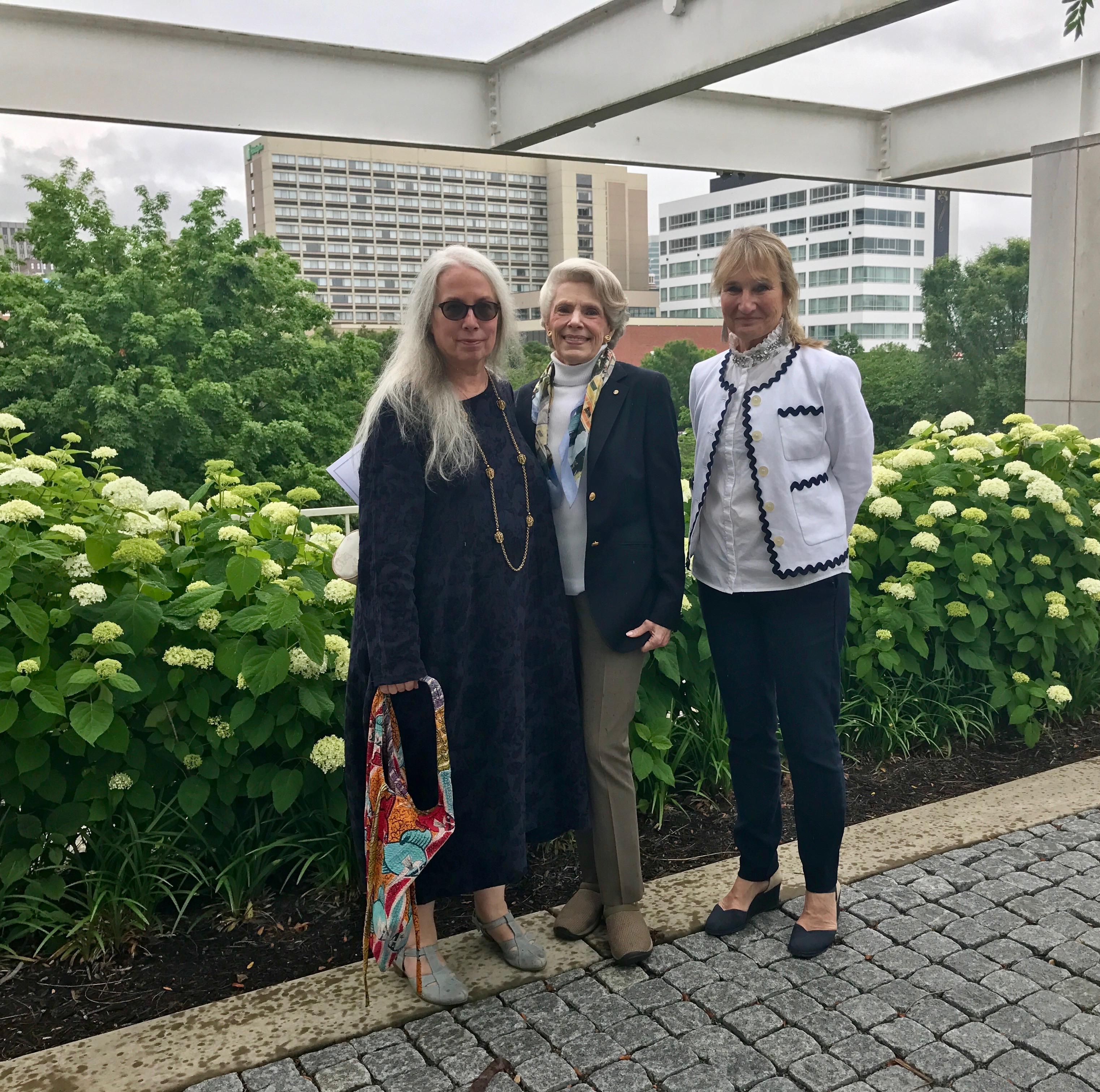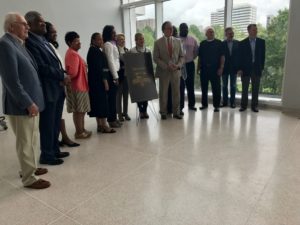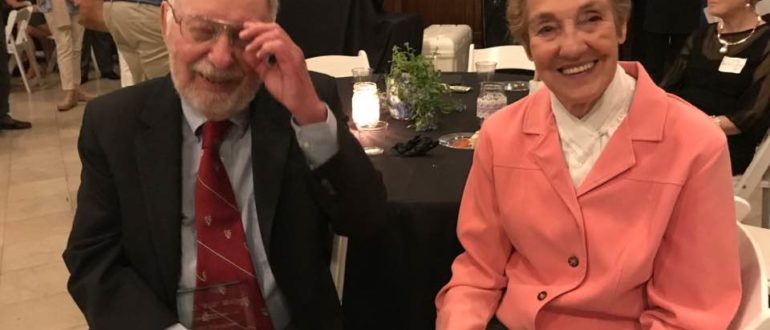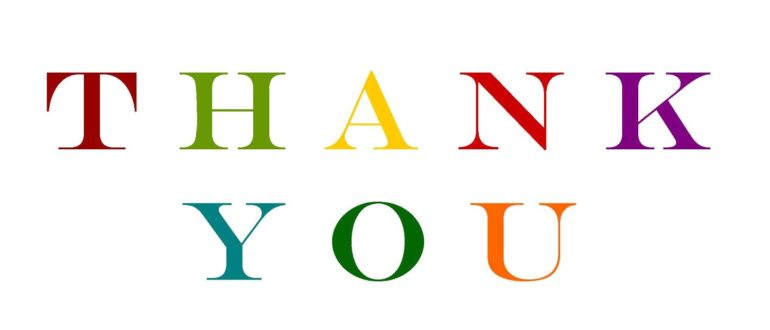CMC is now in the 28th year of our corporate existence, not counting the 3 years run-up of collaboratively developing the early community programs that became united in the corporate CMC in 1994.
CMC’s Mission is to bring people together to find lasting and effective solutions to conflict, using excellent volunteer mediators.
Vision
- CMC’s Vision is to be the primary community resource for creating opportunity from conflict, and where repairing harm is valued over punishment.
- CMC services are based on a core belief that individuals of all ages and backgrounds are capable of resolving their own disputes – effectively, inexpensively, and peacefully – with assistance from trained volunteer mediators. CMC provides communities with the tools to peacefully and effectively resolve disputes.
- CMC is dedicated to providing dispute resolution services and training to all people, especially those who cannot afford traditional services offered through the courts. We focus on serving those for whom traditional services have not worked in the past because they did not address underlying issues or were not culturally appropriate. Mediation used early in the dispute process can prevent the need for further intervention on the part of city departments, the police, or courts – thus saving valuable resources and tax dollars.
We define “mediation” with the help of two trusted sources:
The National Association of Community Mediation (NAFCM), a nonprofit membership organization which networks and supports community programs from around the country, including our CMC:
Mediation is a process of dispute resolution in which one or more impartial third parties intervenes in a conflict with the consent of the disputants and assists them in negotiating a consensual and informed agreement. In mediation, the decision-making authority rests with the parties themselves. In mediation, a mediator guides participants through difficult conversations, providing a safe environment to discuss their conflict.
The mediator(s) will:
- Actively listen allowing everyone an opportunity to build greater understanding.
- Be impartial and not takes sides, give advice, or make judgments.
- Guide the participants through a collaborative problem solving process during which participants can develop solutions that meet their needs. This can be done is a room together (or on zoom in a joint session), or in separate rooms. Mediators often hold both joint and separate sessions with the participants in order to fully understand what they need out of the mediation process.
The Tennessee Supreme Court which, though its Alternative Dispute Resolution Commission (ADRC), has adopted TSC Rule 31 to govern the ethical practice of mediators (both attorneys and non-attorneys) who are listed on the Supreme Court’s website and who participate in Rule 31 mediation. These are mediations that occur after the parties file a case in court, and in which the court orders the parties to mediate or the parties and mediator otherwise agree to conduct the mediation pursuant to Rule 31.
Mediation is voluntary, and all disputants have to agree to participate. If the case has been filed in court, a judge may have ordered the parties to mediation. This means that the judge wants everyone to contact the mediator and try to resolve their dispute. It is never an order to reach an agreement. Once they convene, the parties are able to stop the mediation at any time. The mediator can also stop the mediation if it becomes clear that the parties lack “capacity” to negotiate, to follow the ground rules, or when the circumstances give rise to a safety issue for anyone involved.
Mediation is an informal process where a mediator helps people with a dispute to reach agreement. The mediation process identifies important issues, clarifies misunderstandings, explores solutions, and negotiates settlement. The participants can use the mediation session to determine what needs to get done, to problem-solve by brainstorming and evaluating the options, to exchange information that might be helpful to settle the case. Some cases have one issue, some have a sequential issues, and some have a cluster of issues, each one requiring a different agreement.
The mediator is not a judge and does not make a decision or impose a solution on the dispute. Neither is the mediator an advocate and does not advise or even encourage a specific outcome as “best”. (Although mediators cannot ethically express a firm opinion about legal matters, they may point out possible outcomes of the case and may indicate a personal view of the persuasiveness of a particular claim or defense. , if they have the experience and knowledge to do so.) Rather, the mediator helps those involved in the dispute talk to each other, thereby allowing them to resolve the dispute themselves. The mediator manages the mediation session and remains impartial.
There are other very helpful forms of alternative dispute resolution which parties or judges may choose instead of mediation, and which are governed by TSC Rule 31A, most of which involve disputes where the parties are represented by attorneys:
Neutral case evaluation is a process in which a neutral person or three-person panel, called an evaluator or evaluation panel, after receiving brief presentations by the parties summarizing their positions, identifies the central issues in dispute, as well as areas of agreement, provides the parties with an assessment of the relative strengths and weaknesses of their case, and may offer an evaluation of the case.
Non-Binding Arbitration is a process in which a neutral person or a panel, called an arbitrator or an arbitration panel, considers the facts and arguments presented by the parties and renders a decision which is non-binding.
Judicial Settlement Conference is a mediation conducted by a Judicial Officer (usually a judge) selected by the Court.
Mini-Trial is a settlement process in which each side presents an abbreviated summary of its case to the parties or representatives of the parties who are authorized to settle the case. A neutral person may preside over the proceeding. Following the presentation, the parties or their representatives seek a negotiated settlement of the dispute.
Summary Jury Trial is an abbreviated trial with a jury in which litigants present their evidence in an expedited fashion. The litigants and the jury are guided by a presiding neutral person. After an advisory verdict from the jury, the presiding neutral person may assist the litigants in a negotiated settlement of their controversy.

